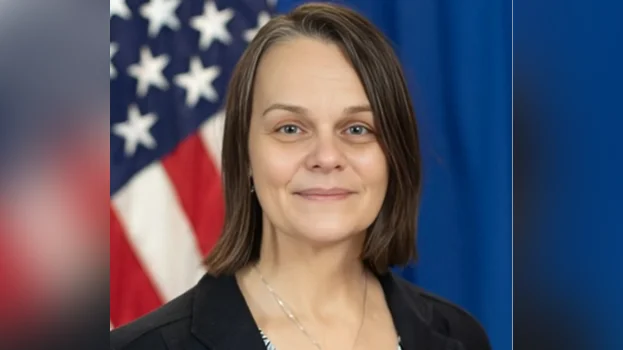As U.S. diplomats, consular officers serve as frontline representatives at the U.S. Embassy. Their responsibilities include assisting U.S. citizens in emergencies and processing visas for foreign nationals, contributing to international diplomacy and the protection of U.S. citizens abroad.
Consular officers protect and assist U.S. citizens abroad, adjudicate visa applications of foreign nationals, and facilitate international travel. For U.S. citizens, they provide emergency assistance, process passport applications, offer notarial services, and support those in distress.
In emergencies, consular officers help U.S. citizens who are victims of crime or facing medical emergencies and offer guidance during natural disasters or cases of arrest or detention. They assist with repatriation to the United States and provide information on local resources.
When adjudicating visa applications of foreign nationals, consular officers review applications, conduct interviews, and assess eligibility based on U.S. immigration laws to determine whether to approve or deny visas for travel to the United States.
For U.S. citizens in legal trouble abroad, consular officers provide information on local legal procedures, offer a list of local attorneys, visit detained individuals to ensure their well-being, communicate with family members, and advocate for fair treatment.
During crises such as natural disasters or political unrest, consular officers coordinate with local authorities to ensure the safety of U.S. citizens by providing evacuation assistance and disseminating critical information.
Consular officers undergo extensive training at the Foreign Service Institute (FSI), learning about immigration laws, consular procedures, crisis management, cultural sensitivity, language skills, and participating in simulations for real-world scenarios.
They contribute to the U.S. State Department’s mission by promoting interests abroad through protecting citizens and fostering international relationships.
“Ask the Consul” is a monthly column from the U.S. Embassy addressing questions about immigration law and other topics related to Consular services.
Applicants are encouraged to prepare their own documents due to frequent changes in consular processes; third-party advice may be inadequate or inaccurate.
___

